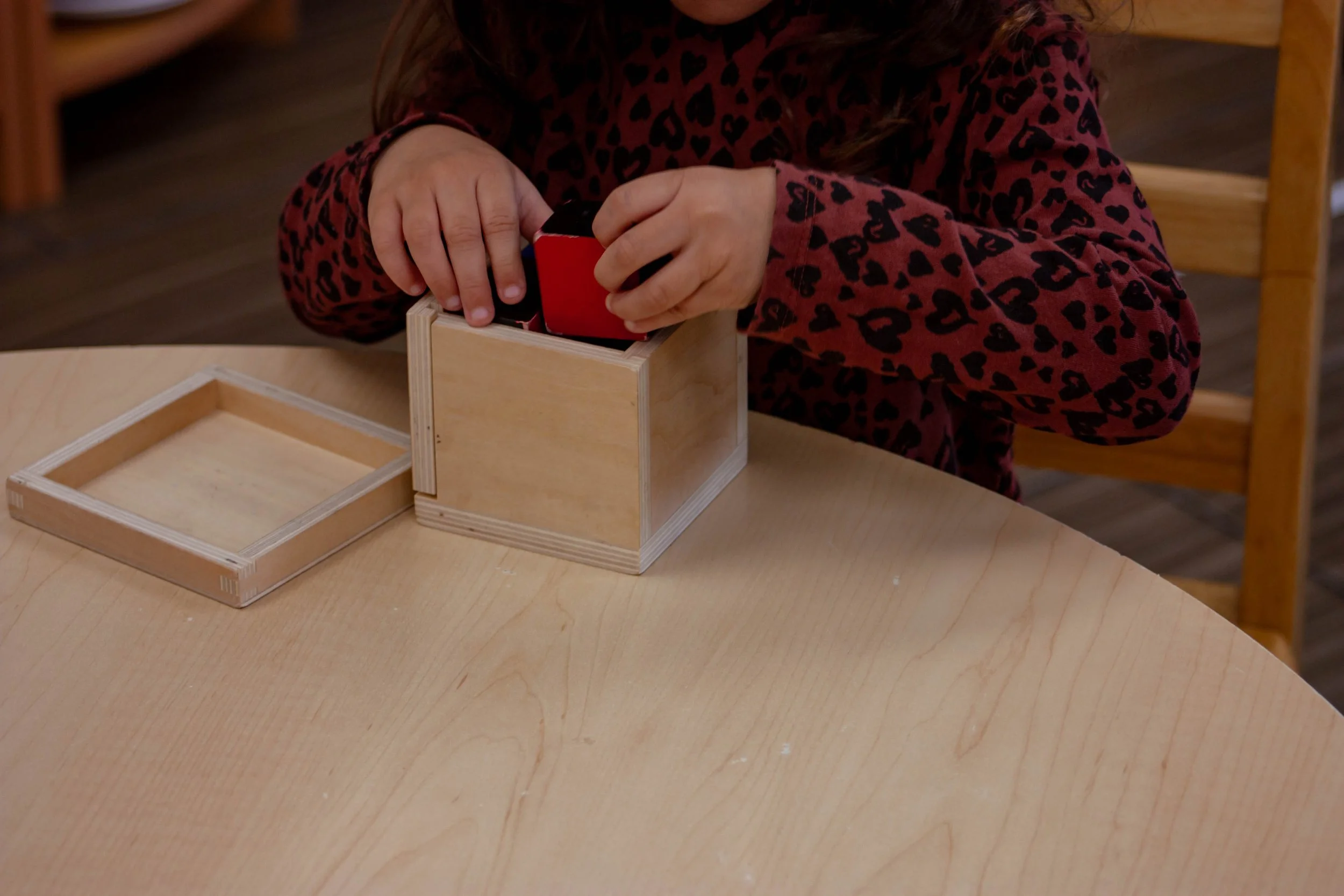
All Children Are Montessori Children: Reimagining Inclusion, Intervention and Support Through the Power of Possibility
Neurodivergent Inclusion Workshop with Dr. Paige Krabill
All Children Are Montessori Children: Reimagining Inclusion, Intervention and Support Through the Power of Possibility
What if inclusion wasn’t something we added to education—but something already at its core? What if we stopped viewing inclusion as an external program layered onto Montessori education and instead recognized that Montessori itself offers the very intervention needed to meet the needs of all children—regardless of difference, ability, or circumstance? What if we stopped seeing children through the lens of deficits to fix and began seeing them through the lens of strengths to build?
The Power of Possibility invites educators to reimagine support, intervention, and belonging through the lens of Montessori philosophy—shifting from limitation to possibility. Grounded in Dr. Montessori’s belief that education must be an aid to life, this framework offers a new paradigm for supporting neurodiversity, difference, and developmental variability while honoring each child’s unique identity and capacity for growth. It is built on the belief that all children are Montessori children. Participants will explore how inclusive, strength-based practices grow from the unchanging roots of Montessori principles. Participants will challenge deficit-based models and examine how our mindsets and educational environments can either hinder or support a child’s development. This session invites both inward and outward reflection—a shift in how we think about children and how we design for them. Through this dual lens, we will move from intervention to empowerment, from compliance to connection, and from limitation to possibility.
Participants will leave with practical strategies and renewed insight to transform their communities into environments where all children thrive—regardless of ability, difference, or circumstance. Inclusion is not a service—it is an approach. One that calls us to reexamine how we see, serve, and support every child by fostering belonging, cultivating meaningful contribution, and embracing the power of possibility.
Participants will:
1. Describe the developmental arc of Being, Becoming, and Belonging as a foundation for supporting children’s identity, emotional growth, and contribution within inclusive Montessori environments.
2. Analyze inclusion as an interconnected ecosystem, understanding how relationships, practices, and environments work together to support the needs of all children.
3. Reflect on the role of the prepared adult and prepared environment in fostering equitable, inclusive classrooms that are responsive to individual differences and developmental needs.
4. Explore core Montessori principles as unchanging roots from which inclusive practices grow.
5. Explore ways to shift from control and compliance toward relational, developmentally appropriate support that honors individual differences and fosters trust, connection, and belonging.
6. Critically evaluate traditional frameworks of support, shifting from deficit-driven models to strength-based, developmentally informed approaches that promote autonomy, competence, and connection.
Dr. Paige Krabill
Dr. Paige Krabill, Psy.D., LSP
Licensed School Psychologist | Montessori Guide | Inclusion Advocate
Dr. Paige Krabill is a licensed school psychologist with a doctorate in clinical psychology and an AMI Primary Diploma (ages 3–6). Her experience spans Montessori education, special education, child development, and both school-based and clinical interventions. She brings an integrative, relationship-centered approach to creating inclusive learning environments that foster connection, equity, and belonging.
Dr. Krabill is the creator of The Power of Possibility, a Montessori-based support framework that challenges educators to view inclusion not as an add-on, but as a core value embedded in daily practice. Her work emphasizes the creation of communities of belonging where all children—including those who are neurodivergent, disabled, or have diverse developmental profiles—are seen, respected, and supported to thrive.
Grounded in Dr. Montessori’s vision of education as an aid to life—a pathway to healing, justice, and human dignity—Dr. Krabill partners with educators and leaders to move beyond deficit-based models toward strength-based, identity-affirming practices. She supports schools in dismantling barriers to access and in building inclusive systems that reflect the full spectrum of human development, ensuring every child is empowered to grow, belong, and flourish in environments that nurture their whole being.
A passionate advocate for inclusive education, Dr. Krabill works to reimagine what’s possible when learning is designed with every learner in mind—where belonging is not a destination, but the starting point.

